Nội Dung Chính
(Trang 113)
IntroductionI.1 Present simple and present continuousPresent simple We use the present simple • for habits and routines. I always go to bed at 10 o'clock. • for permanent situations and facts. He lives in Leicester. • for timetabled and scheduled events. The concert starts at 8 p.m. on Saturday. • in future time clauses after when, as soon as, after, etc. or (the) next time. We'll have some coffee as soon as Victor amives. Present continuous We use the present continuous • for something happening now or about now. He's studying English at university. • with always to describe annoying behaviour. My mum's always telling me to clean my room. • for things we have already agreed to do, usually with somebody else (arrangements). I'm playing football on Saturday afternoon. 1 Choose the correct verbs to complete the sentences.1 'Have you got any plans for this evening?' 'I _____ with Vicky.' a 'm going out b go out 2 My flight _____ at five, so we need to be at the airport a good two hours before that. a 's leaving b leaves 3 Jack _____ basketball every week. a isn't playing b doesn't play 4 It seems that the Earth's climate _____ hotter. a is getting b gets 5 You _____ where you've put your keys! a always forget b are always forgetting 6 Our English teacher _____ from Manchester. a is coming b comes 7 I'll see you after the lesson _____ . a finishes b is finishing I.2 be going to and willbe going to We use be going to • for things we have already decided to do (intentions). I'm going to visit my grandparents at the weekend. • to make predictions based on present evidence. Look at those clouds. It's going to rain. | will We use will • for things we decide to do as we are speaking (instant decisions, offers, promises). That's the phone ringing. Ill answer it. "This bag is very heavy. "I'll carry it." Il ring you as soon as I get to London. • to make factual statements about the future, and to make predictions. The sun will rise at 6.47 tomorrow morning. Do you think you'll finish your homework before midnight? 1 Complete the sentences. Use will or be going to and the verb in brackets. 1 Bye! I _____ (see) you tomorrow. 2 'Have you got any plans for this evening?' 'I (meet) Vicky.' 3 Look! That car's going too fast. It _____ (crash). 4 I'm going to town later so I _____ (give) you a lift. 5 The forecast said that tomorrow's weather (be) cold and wet. 6 _____ (you/see) James this evening? 7 Careful-your phone _____ (fall) out of your bag! 8 You should come to the concert-you _____ (have) a great evening. 9 Can I borrow your pen? I _____ give it back. (not forget) to 10 Thanks for your help. I _____ you one day! (do) the same for I.3 Past tensesPast simple and past continuous • We use the past simple a for an action or event at a definite point in the past. We played volleyball last Saturday. He joined the team at the age of sixteen. b for actions or events that happened one after another. I passed the ball to him and he scored. She got up, had a shower, got dressed and left the house. c with certain verbs that are not used in continuous tenses: for example, believe, hate, know, like, love, need, prefer, want. I believed his story. (NOT was believing his story) • We use the past continuous for a description of a scene in the past. It was raining. Some children were playing rugby. • We often use the past continuous and the past simple in the same sentence. The past continuous describes a background action or event; the past simple describes a shorter action or event that interrupted it. I was having breakfast when the phone rang. My friends were watching TV when I arrived. |
(Trang 114)
| • We can use the past simple or the past continuous with when, as and while. What were you thinking as you walked down the street? What were you thinking as you were walking down the street? • We often use as with the past simple for two short actions that happened at the same time. As I left the room I tripped over the cat. Past perfect We use the past perfect simple for an action that happened before a specific time in the past. After I had washed up, I watched TV. 1 Complete the sentences. Use the past simple or past continuous of the verbs in brackets. Sometimes both tenses are possible. 1 The sun _____ (shine) and the birds _____ (sing) when I _____ (leave) the house. 2 The moment I _____ (see) him, I _____ (realise) I'd met him before. 3 What _____ you _____ (do) when Joe _____ (call) you? 4 While we _____ (wait) for you, it _____ (start) to rain. 5 She _____ (walk) into the room, _____ (sit down) and _____ (start) to read the paper. 6 At the time of the earthquake, I _____ (live) in Tokyo. I _____ (move) back to the UK shortly afterwards. 7 Harry _____ (play) a lot of football while he _____ (live) in Oxford. 8 Asl _____. (leave) the house the sun _____ (come out). 2 Complete the sentences. Use the correct past perfect simple form of the verbs in brackets. 1 He was in debt because he _____ (not be) careful with his money. 2 She was never short of money because she _____ (always keep) some back for a rainy day. 3 I didn't know where she was because she_____ (not tell) me where she was going. 4 They _____ (be) comfortably off before the stock market crash. 5 _____ you ever _____ (visit) Germany before you started to learn German? 6 She was late for work because she _____ (get up) late. 7 If I _____ (know) you were a vegetarian, I wouldn't have cooked meat! | I.4 Present perfect simple and present perfect continuousPresent perfect simple We use the present perfect • for recent events, particularly when giving news. Have you heard? The president has (just) resigned. • for an action that happened at some unspecified time in the past. (If we specify the time, we use the past simple.) Have you (ever) seen a koala? I've been to New York. • with state verbs, to say how long a situation has existed. (We use for, since or how long.) I've known Eva for years. She's lived here since 2001. • for recent events that have a result in the present. I've (already) bought the tickets. We can go inside. I can't go out, I haven't done my homework (yet). Present perfect continuous We use the present perfect continuous • for actions that have been happening recently and repeatedly. We've been playing a new computer game recently. I've been working hard this term. • to say how long an action has been in progress. (We use for, since or how long.) Jake has been watching TV for three hours. • to explain a current situation in terms of recent events. I'm tired because live (just) been playing tennis. Present perfect simple and present perfect continuous • We use the present perfect simple to emphasise that an action is complete. Compare: I've been reading "The Hobbit. (I'm half way through.) I've read "The Hobbit. (It was great!) • If we specify an exact number of occasions, we cannot use the continuous form. We've been arguing a lot. We've argued twice this week. (NOT We've been anguing twice this week) • We can use the simple or continuous form with just and already. However, we do not use the continuous form with yet. I've just spoken to Jack. / I've just been speaking to Jack. I've already worn it. / I've already been wearing it. Has he packed yet? (NOT Has-he-been-packing yet?) |
(Trang 115)
| 1 Complete the sentences with the present perfect simple or present perfect continuous form of the verbs in brackets. 1 I ___________ (search) for hours but I ___________ (not find) my phone yet. 2 I ___________ (visit) the USA a few times but I ___________ (never see) a baseball game. 3 ___________(you/see) my watch? I ___________ (look) for it since this morning. 4 I ___________ (just/talk) to Abby on the phone. Do you want a quick word with her? 5 I've ___________ (eat) all morning. I'm so full! 6 ' ___________(you/see) Martha?' 'Yes. She' ___________ (work) in the library. You can go along and see her." 7 I'm tired because I ___________ (play) three tennis matches today. 8 We ___________ (watch) Twilight. Do you want to see the end with us? 9 Fantastic! England ___________ (win) the world championship! 10 ___________ you ever ___________ (take) part in a sports competition? I.5 State verbs and dynamic verbsDynamic verbs describe actions and can be used in simple or continuous tenses. Compare: Dad makes dinner every Friday. (= regularly) Dad can't come to the phone; he's making a niner. ( = now) Jake has watched TV every night this week. (= recently and repeatedly) This evening, he's been watching TV for three hours. (- action in progress for a specific period of time) State verbs describe states, not actions. They are often connected with abstract ideas: • emotion: care, envy, fear, hate, like, love, mind, prefer, want, etc. • possession: belong, own, possess, etc. • thought: agree, believe, disagree, doubt, know, mean, recognise, understand, etc. • others: contain, cost, depend, fit, matter, need, seem, weigh, etc. State verbs cannot be used in continuous tenses. I hate cheese. I hate this song. (NOT fim hating...) I've known Eva for years. (NOT I've-been knowing...) I've never understood baseball. (NOT five-never been understanding...) | Some verbs can be state or dynamic depending on the meaning. Only the dynamic sense can be used in continuous tenses.
1 Complete the sentences with the correct form of the verbs in brackets. 1 'Stop it! You ___________ (behave) selfishly.' 'Why? I ___________ (not understand) what you ___________(mean). ' 2 'Why ___________ (you/laugh) at my T-shirt?' 'Because it ___________ (not fit) you!' 3 'This bag that I ___________ (carry) weighs a tonne!' 'I ___________ (know). It ___________ (contain) all my books.' 4 ' ___________(you/ like) this play?' 'Not really, but it ___________ (not matter). I ___________ (not mind) staying until the end.' 5 'We ___________ (need) to go home. It's midnight!' 'I ___________ (not care). I ___________ (enjoy) myself!' 2 Complete the sentences with the correct form of the verbs below. Use each verb twice, once in a simple and once in a continuous form. have look see think 1 I noticed that a man ___________ at our car. 2 My great-grandfather ___________ a clothes shop in London in the 1950s. 3 I ___________ the doctor tomorrow about my cough. 4 I missed my stop because I ___________ about dinner. 5 When we arrived, the teachers ___________ a meeting. 6 It's raining, but I ___________ it will stop soon. 7 I____________ that you've been eating my crisps! 8 That game ___________ fun. Can I have a go?
|
(Trang 116)
Unit 11.1 Negative adverbialsWe can make a sentence more emphatic by putting a negative adverb (or adverbial phrase) at the front. These include: never, nowhere, not since, not only... also, no sooner... than, hardly, rarely / seldom, under no circumstances, (in) no way, at no time, only (if/when/once), not until. After the adverb or phrase, the word order is inverted. They are usually followed by an auxiliary verb. Not since last year have there been such bad storms. Rarely has there been such an exciting concert. 1 Complete the second sentence in each pair so that it means the same as the first. 1 I've never eaten such a delicious meal before! Never ___________ such a delicious meal! 2 We weren't asked for our opinion at any time. At ___________ asked for our opinion. 3 She won't speak to you until you apologise. Not until ___________ speak to you. 4 You won't see more beautiful scenery anywhere. Nowhere ___________ beautiful scenery. 5 Tickets cannot be refunded under any circumstances. Under ___________ tickets be refunded. 6 They'd hardly left the house when it began snowing. Hardly ___________ when it began snowing. 7 Ben had no sooner heard the news than he told everyone. No sooner ___________ than he told everyone. 1.2 Negative questions, infinitives and -ing forms• We can use negative questions to ask for confirmation of something that we think is true or is not true. Aren't you in the same class as my brother? • We can use negative questions to express our opinions more politely. Hasn't she got a loud voice! • To make infinitives and -ing forms negative, we add not or never before to in front of them. She promised not to stay up too late. 1 Write the words in the correct order. 1 him/not/see/was/1/yesterday/to/sorry ____________________________________________ 2 holiday/to/on/you/aren't/meant/be/? ____________________________________________ 3 bed/gone/earlier/he/shouldn't/have/to/? ____________________________________________ 4 do/not/she/it/promised/to/again ____________________________________________ | 5 not/1/the/is/prefer/what/knowing/score ____________________________________________ 6 taste/this/unpleasant/doesn't/coffee/? ____________________________________________ 7 matter/rather/discuss/they/would/not/the ____________________________________________ 1.3 Articlesa/an We use the indefinite article a/an • when we say what something is or what it is like. What's this? It's a 3D printer. Our aunt works in a shoe shop. • when we say what somebody's job is. My cousin is a mechanic. • when we mention something for the first time. I've got a new smartphone. • when we mean any example of something and we do not need to be more definite. Is there a post office near here? • to mean per or for each. My father earns €400 a week. The train was travelling at 100 kilometres an hour. the We use the definite article the• when it is clear what we are talking about. This can be a because we've already mentioned it. I've bought a jumper and a scarf. The scarf is red and the jumper's blue. b because there is only one of something. Can you see the moon above the roofs? c because it is clear from the situation. Let's go to the park. (the park that's near here) • with most nationality words. The French have a reputation for being good cooks. • with the names of rivers, mountain ranges, deserts and seas. the Nile the Himalayas the Sahara Desert the Baltic • with a few countries and most groups of islands. the United Kingdom the United States the Netherlands the Czech Republic the Channel Islands • in various set phrases, for example: go to the theatre / cinema listen to the radio / the news play the violin / the piano • with an adjective to refer to everybody who has that characteristic. the poor the rich • with superlatives. the tallest man the funniest film the longest day |
(Trang 117)
| No article We do not use an article • when we are making generalisations. Dogs need a lot of exercise. • with most countries, continents, towns and cities, lakes and mountains. They come from Madrid in Spain. Their house is on the shores of Lake Geneva. Our friends have just been to Mount Everest. • with some nouns following a preposition. to / at work / school at home at night by bus in bed/hospital/prison • with meals. have breakfast / lunch/dinner 1 Complete the sentences with a / an, the or no article (-). 1 My aunt works as _____ musician in _____ Canada. She plays _____ guitar. 2 Is there _____ bus from here to _____ centre of town? 3 Apparently _____ most important meal is _____ breakfast. 4 'Would you rather have _____ cat or _____ dog?' 'I prefer _____ dogs.' 5 Only _____ rich can afford to spend so much on _____ new car. 6. My best friend lives in _____ New York in United States. 7 I have _____ niece and two nephews. _____ niece is _____ youngest. 8 'Is there _____ chemist nearby?' ' _____ nearest one is opposite _____ police station.' 1.4 Quantifiers• We normally use some in affirmative sentences and offers, and any in negative sentences and questions. We've got some milk and sugar. We haven't got any milk or sugar. Have we got any milk or sugar? Would you like some milk and sugar in your tea? • We use any with uncountable and plural nouns in affirmative sentences where the meaning is negative. He went out without any gloves on. There is never any snow in the Caribbean. • We can use any in affirmative sentences to mean it doesn't matter which. Any songs by Taylor Swift are great! • We use no (meaning not any) when we want to be emphatic. There's no need to be rude. No clubs in town will be open yet.
| • We use (a) few with plural nouns and (a) little with uncountable nouns. He's only got a little free time this weekend. A few students have already finished the test. • We use few/little instead of a few / a little to emphasise the smallness of the number or quantity. He has little money and few friends. • We normally use whole with singular countable nouns. We've eaten a whole box of chocolates. • We normally use all with uncountable nouns and plural nouns. He listened to all (of) the songs on the album. Have we finished all (of) the pasta? • We use both, either and neither to talk about two things. Both restaurants are quite new. Neither book is very interesting. We can get off the train at either stop. • Most quantifiers can be followed by of and a determiner (the, these, my, etc.): most of the..., a few of his..., several of those..., all of us, each of them, many of, etc. After both and all, we often leave out of before the. All (of) the children are in the playground. • However, no and every cannot be followed by of. Instead, we say none of and every one / each of. None of takes a singular verb in formal contexts. Every one of us scored 100% in the test. None of the boys in the band are over 20. None of the boys in the band is over 20. (formal) 1 Choose the correct quantifier to complete the sentences. 1 There were few/ a few cakes left in the shop, but not many. 2 Do you recognise either / neither of those two actors? 3 It's so late now, there's little / a little point going out. 4 No/None of my family can speak French. 5 I can't stand cricket-there are a few/few sports I find more boring. 6 Look at your hands-they're either / both covered in mud! 7 Would you like little / a little sugar in your coffee? 8 Every/Every one of these peaches is rotten. 2 Complete the sentences with of or leave them blank where possible. 1 None _____ my friends can play the violin. 2 Afew _____ those plants need watering. 3 I've seen all _____ her films at least twice! 4 We're going to do a lot _____ sport in the holidays. 5 Do both _____ your parents work in a bank? 6 Several _____ people I know believe in ghosts. 7 The teacher gave each _____ the students top marks. 8 I tried on three sweatshirts but none _____ them fitted. |
(Trang 118)
Unit 22.1 Comparative structures• Comparative and superlative adjectives are formed with -er and -est or more / most and less / least, unless they are irregular:
• Comparative and superlative adverbs are usually formed with more and most, unless they are irregular.
• A few comparative and superlative adverbs are formed with -er and-est, like adjectives: early, fast, hard, late, near, soon. I arrived a lot later than I realised. Who get's up the earliest in your family? • Some determiners also have comparative and superlative forms. few fewer fewest little less least much/many more most
2.2 Qualifying comparatives• We can use (so) much or far to make the meaning of a comparative form more extreme. It's far hotter than I expected. He eats so much more healthily than he used to. • We use even to express surprise. I'm tall, but you're even taller! • We can use a little, slightly, a bit, a lot, or no to modify a comparison. It's a bit colder than expected. They played no worse than last time. • We can modify a comparison with as... as by using just, almost, nearly, nowhere near, or nothing like. He's just as competitive as his sister. Silver is nowhere near as expensive as gold. • We can talk about a gradual change by repeating a comparative form. It's getting harder and harder to save money. • We can use this comparative structure to show that two things change because they are connected. The more I exercise, the fitterl get. • Comparisons often have a clause after than. Flying to Australia is quicker than it used to be. | 1 Choose the correct answer to complete the sentences. 1 The older/oldest he gets, the richer he becomes. 2 I'm more energetic than / as I used to be. 3 We're going to be late-could you walk a bit more fast/faster? 4 The film was less / least interesting than I thought it would be. 5 The more/less we talk, the longer the homework will take. 6 His bag is heavy but hers is even heavier / heaviest! 7 My new tablet isn't as big than / as yours. 2 Choose the correct word or phrase to complete the sentences. Use each word or phrase once. almost a lot more even not quite nowhere near slightly 1 Riding a horse is _____ difficult than riding a bicycle. 2 Italy is _____ as big as China. 3 I'm _____ younger than my twin sister by a few minutes! 4 Let's buy this magazine-it's _____ as expensive as that one so we'll save a little money. 5 I'm quite short but my mum's _____ shorter! 6 It's _____ as hot as it was yesterday - it's just a few degrees cooler. 2.3 Infinitive and -ing formsWhen we put two verbs together, the second verb is usually in the infinitive or -ing form. Sometimes it is an infinitive with to or a past participle. Which pattern we use depends on the first verb. verb + infinitive with to agree, arrange, ask, beg, dare, decide, expect, fail, happen, hope, manage, mean, offer, prepare, pretend, promise, refuse, seem, want, wish, would like, would prefer and help (can also be infinitive without to) verb + -ing form admit, advise, avoid, can't bear, can't help, can't stand, carry on, consider, delay, dislike, deny, enjoy, envisage, fancy, feel like, finish, give up, have difficulty, like, imagine, intend, it's no good, it's not worth, justify, keep (on), mind, miss, postpone, practise, propose, put off, recollect, recommend, risk, spend (time), stop, suggest • Some verbs can be followed by an -ing form or an infinitive with little or no change in meaning: begin, continue, hate, intend, like, love, prefer, start. • A few verbs (forget, go on, regret, remember, stop, try) change their meaning depending on whether they are followed by an infinitive or an -ing form. I won't forget meeting you. / I forgot to buy any lunch. |
(Trang 119)
| She went on walking. / She went on to become a doctor. We regret to inform you that you didn't pass the exam. /1 regret asking for her advice. I remember returning the book./Please remember to retum the book. She stopped walking. / She stopped to buy a drink. He tried phoning his friend, but he didn't answer. / He tried to phone his friend, but there was no signal. • The verbs see, hear, watch and feel can be followed by object + infinitive without to to talk about a completed action, or object + -ing form to talk about an action in progress. I saw her open the door and go inside. I saw her talking to her neighbour. verb + object + to infinitive allow, ask, command, dare, enable, encourage, expect, forbid, force, get, inspire, invite, order, permit, persuade, remind, request, teach, tell, trust, urge, warn, want, wish, would like, would prefer verb + object + infinitive without to have, make, let, help (can also be infinitive with to) verb + object + past participle get, have, need, want • We can use -ing forms as the subject or object of a verb. • We can use an infinitive without to after would rather, would sooner, had better (not) and why (not). 1 Complete the sentences with the correct form of the verbs in brackets. 1 We saw him _____ (open) the box and _____ (take) out a camera. 2 My school doesn't allow _____ (eat) in the classrooms. 3 I'm sure Greg didn't mean _____ (upset) anyone. 4 I heard him slowly _____ (walk) down the stairs towards the front door. 5 I can't remember _____ (lock) my bike but I'm sure I did! 6 Could you please stop _____ (shout)? - I'm trying _____ (read) my book. 7 _____ (smoke) isn't as common as it was in the past. 8 We could feel the fire _____(get) hotter and hotter as the flames got bigger. 2 Choose the best verb form to complete the sentences. 1 We're going into town-why not _____ with us? a coming b to come c come 2 Catching the plane means _____ home early tomorrow. a to leave b leave c leaving 3 He'd sooner _____ football than watch it on TV. a play b playing c to play | 4 She tried _____ the vase but the shelf was too high. a reaching b to reach c reach 5 _____ a gym is more expensive than running in the park. a Join b Joining c To join 6 You'd better _____ your teacher to explain this again. a to ask bask c asking 7 Would you rather _____ the bathroom or do the washing-up? a clean b cleaning c to clean 2.4 Preposition + noun phrasesA prepositional phrase is made up of a preposition and a noun phrase.
1 Complete the phrases with the correct preposition. 1 I was going to have a shower, but _____ I'll wait until later. second thoughts, 2 He hasn't bought any new clothes _____ a while. 3 Jenny's been training for months and _____ last she's ready to run a marathon. 4 Were you _____ week? the impression that the test is next 5 I'm not sure about walking into town _____ one thing, it's pretty cold outside. 6 Despite some delays, _____ the whole we had a good journey. 7 He tried _____ vain to open the window but it was completely stuck. 8 It seems his decision to go to university is now _____ doubt. 2.5 Question tags• We use question tags to turn a statement into a question. We usually add negative question tags to affirmative statements and affirmative question tags to negative statements. It's hot today, isn't it? You don't need a lift to school, do you? • With affirmative sentences which have a negative meaning because they include a word like never, nobody or nothing, we add an affirmative question tag. I've had nothing for breakfast, have 1? She never says thank you, does she? |
(Trang 120)
| • If the sentence includes a modal verb (can, might, should, will, etc.), we use it in the question tag. She can't sing, can she? It won't hurt, will it? • If the sentence includes an auxiliary verb (is/are, have, had, etc.) we use it in the question tag. They're leaving, aren't they? You haven't told her, have you? • If the sentence includes a simple, finite verb form, we use do (or did) in the question tag. This phone belongs to you, doesn't it? You went home last night, didn't you? • Note these special cases: Be careful, won't you? Don't laugh, will you? Let's be friends, shall we? There aren't any questions, are there? Everyone's ready, aren't they? Nobody wants to give up, do they? Everything works, doesn't it? Nothing matters now, does it? • We use a rising intonation on the question tag when we need or expect an answer. It isn't my tum, is it? (I think it might be.) • We use a falling intonation on the question tag when we do not need or expect an answer. • Of course I'll help you. You're my best friend, aren't you? (We both know that.) 1 Complete the sentences with suitable question tags. 1 Nothing's ever as simple as it seems, _____? 2 It's rained a lot recently, _____ ? 3 Don't spend too much money, _____? 4 Nobody knows what you're thinking, _____ ? 5 You haven't been listening to me, _____ 6 Everything changed after he retired, _____ ? 7 Let's start at the beginning. _____ ? 8 Leave your bags by the door, _____ ? 9 Your parents used to live there, _____ ? 10 You're going to invite me, _____ ? | Unit 33.1 Advice, obligation and necessityshould and ought to We use should or ought to + infinitive to give advice. He should ask his friends to help him. must and have to We use must or have to + infinitive to express obligation or to give strong advice. We have to finish the homework by tomorrow You must be at the station at 8.30 mustn't We use mustn't + infinitive to say that something is not allowed or to give strong negative advice. We mustn't take food into the library. You mustn't miss that film, it's briliant! don't have to, don't need to, needn't We use don't have to, don't need to or needn't to + infinitive to express lack of obligation or necessity. You don't need to pick me up, I'll get the bus. be supposed to We use be supposed to + infinitive to talk about rules and about things that people believe or expect to happen or be true. You're not supposed to wear your shoes in the house. It's supposed to snow tonight. 3.2 Possibility, probability and certaintymay, might and could may We use may, might or could + infinitive for speculating about possible future events. Look at the sky-it might rain later. should We use should + infinitive to say that something is likely to happen, in our opinion. Our team should win their next match. must We use must + infinitive for talking about things which we can deduce are definitely true. She must be at home. She left school hours ago. can't We use can't + infinitive for talking about things which we can deduce are impossible. He can't be tired. He had eight hours' sleep. be able to We use be able to + infinitive to talk about possibility in the future. I'm sure you'll be able to change that shirt if it doesn't fit. |
(Trang 121)
| can and could We use can or could + infinitive to talk about general truths and strong possibilities. Travelling around Europe can be quite expensive. The café could be closed by now. We can use a number of other structures to express possibility, probability and certainty. The score is 4-0 with two minutes to go. They're bound to win. (bound to certain to) Chances are that we won't complete the project on time. (chances are (that) - possible that) Is it likely to rain tomorrow? (likely to it's probable that it will) 1 Complete the sentences with the verbs below. Use each verb once. must mustn't needn't should shouldn't are supposed to 1 You _____ bring suncream to the beach - you can borrow mine. 2 We _____ forget to invite your brother to the party. He'll be upset if we do. 3 Laila _____ be wearing a coat. It's freezing outside! 4 All the students at my school _____ wear uniform-it's one of the rules. 5 I think we _____ take our shoes off before we go into the temple; no one else is wearing theirs. 6 You _____ really eat fruit and vegetables unless you've washed them first. 2 Choose the best verb form to complete the sentences. 1 That boy _____ be Luke - he's got blonde hair and Luke's is dark. a must b can't c might 2 The weather _____ be hot on our holiday; I can't wait. a should b's able to be c can 3 I _____ help you after I've finished eating lunch. a couldn't b should c 'll be able to 4 Be careful-some Indian dishes _____ be very hot! a shouldn't b can c can't 5 You _____ be delighted to have won first prize! a must b might c could 6 I'd better answer my phone-it _____ be my dad calling. a can't b could c should 7 I'm not sure, but it _____ be busy in town because the sales are on. a might b can c must | 3.3 Modals in the pastmay, might and could have • We use may, might or could have + past participle for speculating about the past. Maria isn't here; she could have gone to the shops. • We can also use the negative forms may/might not + infinitive and may/might not have + past participle. However, we cannot use the negative form couldn't have + past participle in this sense. I've sent her a post card, but it may not/might not arrive. (NOT five-sent her a pesteard, but it could not arrive) should have and ought to have We can use should/shouldn't have + past participle or ought (not) to have + past participle to talk about what the right or wrong way to behave in the past was. He shouldn't have spoken to us like that. might have and could have We sometimes use might have or could have + past participle to tell somebody what they should have done. It is usually an exclamation. However, we cannot use may have + past participle or negative forms in this sense. Honestly! You might / could have warned me that we had to bring a present! (NOT You may have...) must have and can't/couldn't have We use must have + past participle and can't / couldn't have + past participle to make logical deductions about the past. We must have taken a wrong turn, now we're completely lost. You can't/couldn't have read the map properly should have and was supposed to We use should have + past participle and was supposed to + infinitive to talk about things we expect to have happened. He should have been here by now. It was supposed to be hot yesterday. needn't have and didn't need to • We use needn't have + past participle to say an action that took place was unnecessary. You needn't have phoned; I was on my way over. • We use didn't need to + infinitive to say an action was unnecessary, whether it took place or not. Joe didn't need to buy any coffee. There was plenty in the cupboard. (But Joe did buy coffee.) |
(Trang 122)
| 1 Choose the correct ending, a or b. 1 Pete isn't here. He a can't have got my email. b might have got my email. 2 My parents aren't very happy. I a was supposed to have lied to them. b shouldn't have lied to them. 3 Is your cousin driving into town? She a must have offered us a lift! b could have offered us a lift! 4 The concert hasn't started yet. We a needn't have rushed to get here. b might not have rushed to get here. 5 We haven't seen Zoe recently. She a must have gone on holiday. bought to have gone on holiday. 6 I already had some stamps so I a may not have bought any. b didn't need to buy any. 7 If you sent her a text earlier, she a should have read it by now. b didn't need to read it by now. 8 Why's the café closed? It a was supposed to have opened by now. b needn't have opened by now. Unit 44.1 Future continuous, future perfect simple and future perfect continuousFuture continuous We use the future continuous • to talk about an action that will be in progress at a specific point in the future. At three o'clock tomorrow afternoon, I'll be travelling to London. • to make polite enquiries. Using the future continuous instead of the future simple to ask about somebody's plans makes questions sound more polite and less direct. Can you tell me when he'll be arriving? Future perfect simple We use the future perfect simple to talk about an action or event completed by a specific point in the future. By the time we get there, the guests will have already arrived. Future perfect continuous We normally use the future perfect continuous to say how long an action or event will have been in progress at a specific point in the future. By the end of this month, I'll have been living in this house for ten years. | We can use the future perfect continuous and the future perfect simple to make predictions about the present. By midnight, they'll have been travelling for six hours. By midday tomorrow, their plan will have landed. 1 Complete the sentences with the verbs in the future continuous, future perfect simple, or future perfect continuous. catch learn leave live save travel wait 1 By this time next month, I __________ English for five years. 2 At midday tomorrow, we __________ the coach to Brussels. 3 Perhaps in ten years' time, people __________ to Mars. 4 He __________ buy lots of presents. enough money by Christmas to 5 When I'm eighteen, I __________ in this town for most of my life and I'm not likely to leave soon. 6 I think everyone __________ by the time we get to the club. 7 Next week all the students __________ to get their exam results. 2 Write sentences about what the students will be doing or will have done. Use the prompts and the future continuous, future perfect simple, or future perfect continuous.
8.30 a.m./Sunday/eat At. 8.30 a.m. on Sunday they'll be eating breakfast. 1 9 a.m./Sunday/finish 2 10 a.m./Sunday/wait 3 11.30 a.m./Monday/walk/two hours 41 p.m./Monday / leave / Rome 5 2 p.m./Monday/travel/train/Venice 6 6.30 p.m./Monday/arrive/hostel |
(Trang 123)
4.2 Future time clauses• We use present tenses instead of will or be going to in future time clauses after time conjunctions such as after, as soon as, by the time, immediately, in case, once, the minute, the moment, until and when. I'll phone you as soon as we reach the hotel. I'll take an umbrella in case it rains. He'll let me know the minute he hears any news. • We usually use the present perfect (not the future perfect) for actions that are complete in the future after future time clauses. We'll ring you as soon as we've got to the festival. • We use the present continuous (not the future continuous) for actions in progress in the future after future time clauses. I'll ring you back when I'm sitting on the train. 1 Choose the correct tense to complete the sentences. 1 I'll email you as soon as I'll have got / I've got home. 2 He wants to go for a swim immediately he'll get / he gets to the beach. 3 We'll think of you when we're skiing / we'll be skiing in Switzerland next week! 4 You can't have an ice cream until you're finishing/you finish your lunch! 5 They should study this lesson in case it'll be / it's in the test. 6 After we'll have tidied / we've tidied our room, let's go to the park. 7 Don't forget to phone your cousin when you have /you're going to have time. 2 Complete the sentences with the correct form of the verb in brackets. 1 I'll call you later when I __________ the bus stop. (walk) to 2 By the time you __________ she'll probably be back home! (get) her postcard 3 We should save some food in case we __________ (feel) hungry later. 4 As soon as he __________ (find) his jacket, he'll meet us outside. 5 You are welcome to take photos while you __________ (visit) the museum. 6 Once the sun __________ (go) down, it will feel very cold. | 4.3 Adverbs and adverbial phrases• Some adverbs have the same form as the adjective: early, weekly, monthly, yearly, etc. We do a weekly shop in town. Is this magazine published weekly? • Other adjectives ending in -ly do not have an adverbial form: friendly, lively, cowardly, motherly, lovely, etc. Instead we put the adjective in an adverbial phrase: He smiled in a friendly way and waved at us. • Some adverbs have two forms: one with -ly and one without: close / closely, deep / deeply, late / lately, pretty/prettily, etc. The meanings are sometimes very similar and sometimes unrelated. Does your uncle live close to you? English and German are closely related languages. We're going to be late Thaven't seen my best friend lately 1 Choose the correct adverb or adverbial phrase to complete the sentences. 1 It was ___-- hot for the whole of our holiday. a pretty b prettily 2 I find kittens so cute, especially when they play together a lively b in a lively way 3 This film gives a _____ moving account of a brilliant musician's life. a deep b deeply 4 My team eventually won after a _____ fought match. a closely b close 5 A policeman asked them to leave, but did it _____ a in a friendly way b friendly 6 No one's won the lottery _____, so the prize money is hug. a lately b late 7 She reached _____ into her bag and took out a pen. a deep b deeply |
(Trang 124)
4.4 The subjunctive• We use the subjunctive in formal written language for urgent requests and demands. No 's' is added in 3rd person singular. It's important that the students be on time. It's even more Important that everyone listen carefully. • The verb be remains unchanged in the present tense and becomes were in past tenses. • Certain verbs (e.g. ask, advise, suggest, insist, demand, recommend, and request) are followed by that + subjunctive to indicate that something must be done. She suggested that we arrive at the restaurant by 8 p.m. They demanded that the money be refunded immediately. 1 Complete the second sentence so that it means the same as the first. Use the subjunctive. 1 She has asked them to refund her money. She has requested ________________________ her money. 2 My guitar teacher says I should practise every day. My guitar teacher recommends ________________________ every day. 3 Leo said we should all go for a picnic. Leo suggested ________________________ for a picnic. 4 The protestors want the government to change the law. The protestors are demanding ________________________ the law. 5 Our teacher told us to read the questions carefully. Our teacher advised carefully ________________________ the questions 6 Norma said we must be at her house by 7 o'clock. Norma insisted ________________________ at her house by 7 o'clock. | Unit 55.1 Past perfect simple and past perfect continuousPast perfect simple We use the past perfect simple • for a completed action that happened before a specific time in the past. After I had showered, I had my breakfast. • with state verbs (know, be, like, etc.) and for or since to say how long an action had been in progress. We'd only been at the beach for a few minutes when it started raining. Past perfect continuous We use the past perfect continuous • for longer actions or situations before a specific time in the past. They had been living in the same apartment for twelve years. • to show the cause of something in the past. He was exhausted. He had been running. • with action verbs and for or since to say how long an action had been in progress. They'd been playing football for half an hour before anyone scored a goal. 1 Choose the correct tense. 1 I had tried/had been trying to get tickets for the show for weeks when they sold out. 2 She had finished / had been finishing her homework by dinner time. 3 I had been knowing/had known the truth for days. 4 He was tired because he'd been playing / he'd played basketball all afternoon. 5 Pam had liked / had been liking horses since she was a child. 6 They had been watching/had watched TV when Tom came. |
(Trang 125)
| 2 Complete the sentences with the verbs below. Use the past perfect simple or the past perfect continuous. not eat have learn put up sleep think wait 1 He _________ when I called. for eight hours and still wasn't awake 2 She was hungry because she _________ since breakfast. 3 I _________ for half an hour outside the cinema before my friends arrived. 4. They _________ visited Mexico. Spanish for five years before they 5 I _________ Lee was at home but he was already in town. 6 By the age of 30, she _________ five different jobs. 7 We all went to sleep after we _________ the tent. 5.2 used to and would• We use used to or would to describe habits and situations in the past that are now finished. When he was young, he used to live in France. When I lived in the city, I'd go jogging in the park every morning. I didn't use to enjoy tennis, but I do now. Did there use to be a bookshop in the centre of town? • We do not use used to or would when we say how long a situation or habit in the past continued; we use the past simple. He cycled to school for three years. • We can't use would with state verbs. We use used to. My mum used to be a nurse. (NOT Мучны would be a nurse) • We do not usually use would with questions and negatives; we use used to. • The structures never used to and would never are common negative forms. I never used to like curry. She would never come swimming with us. 1 Complete the sentences with used to or would. Sometimes more than one answer is possible. 1 They _________ (live) in London but they moved to Paris. 2 He was a bad student and _________ (forget) to do his homework. 3 I never _________ (enjoy) baseball but now I'm a huge fan. 4 He _________ (want) to be a vet but he's changed his mind. 5 They _________ (go) on holiday twice a year but they can't afford to nowadays. | 6 Our old flat was near a park and we _________ (play) there at weekends. 7 My older brother _________ (have) a moustache but he shaved it off. 8 Can you believe that years ago, people _________ (not/own) smartphones! 5.3 Position and order of adjectives• We can use most adjectives before a noun or after a linking verb (be, become, feel, get, look, seem, smell, sound, taste, etc.). He's an excellent cook! His cooking is delicious. • When we use more than one adjective to describe a noun, we use this order:
• There are some adjectives (e.g. alone, afraid, alive, annoyed, asleep, glad) that we do not usually put before a noun. We can use them after a linking verb or use another adjective with a similar meaning. He lived a lonely life without many friends. He lived an alone life without many friends. X 1 Write the adjectives in the correct order. 1 This café serves some (Spanish, tasty) __________ dishes. 2. He used to own a (big, scary, black) __________ dog. 3 Have you seen that (new, Mexican, funny) __________ film yet? 4 We watched as a (silver, huge) __________ moon rose in the sky. 5 The woman was holding a (tiny, young) __________ baby. 6 Who owns that (red, French, new) __________ car over there? 2 Choose the correct adjective to complete the sentences. 1 My grandmother lives on her own but she's not a lonely/an alone person. 2 Have you heard the expression 'let asleep / sleeping dogs lie'? 3 The main character in this book is an annoyed /angry man at the beginning.4 Sadly, her only living/alive relatives live in Australia. 5 They were glad/happy parents when their son got home safely. 6 Someone ought to help that frightened / afraid child. |
(Trang 126)
Unit 66.1 The passive• We form the passive with the verb be and the past participle of the main verb. The object of an active verb can become the subject of a passive verb. They haven't found a cure for colds yet. → A cure for colds hasn't been found yet. • We use the passive when we do not know or do not want to say who or what is responsible for the action. This photograph was taken in India. • If we mention the agent, we use by. Enormous public baths were built by the Romans. • With verbs that often have two objects (ask, award, give, offer, owe, pay, send, show, teach, tell, etc.), either object can become the subject of a passive sentence. They gave me my money back. → I was given my money back. → My money was given back to me. It is much more common for the indirect object (usually a person) to be the subject of the passive sentence (example a above). • We use the past continuous and present continuous forms of the passive, but not other continuous forms as they sound unnatural. A celebration is being planned. → A celebration has been being planned. X → They have been planning a celebration.√ 1 Complete the sentences with the verb in brackets in the correct passive form. 1 The band's new song ______________ (not/release) until next month. 2 A cure for cancer ______________ (not/discover) yet. 3 Those trees ______________ (plant) by my grandfather last year. 4 Hans ______________ (show) around the college this morning. 5 When the onions are cooked, they ______________ (add) to the sauce. 6 Technology ______________ (improve) all the time. 7 The Colosseum ______________ (build) by the Romans over ten years. 8 We ______________ (tell) their decision in a few days' time. 2 Rewrite the sentences in the passive. Remember that the indirect object usually becomes the subject. 1 My brother lent me the money for the ticket. 2 They'll allow us ten minutes to answer the questions. 3 A nurse has given the patient some medicine. 4 Your uncle is taking your parents to the airport now. 5 They didn't give us any information about the strike. 6 A local man showed them the way to the river. 7 No one will forgive him if he keeps on lying. | 6.2 The passive: advanced structuresVerbs like believe, consider, expect, know, report, say and think are often used in passive constructions, especially in formal language. • We can use an impersonal construction with it + passive: it + passive (present or past) + that... It was believed by many people until the 19th century that tomatoes were poisonous. It is now known that they are not. • Alternatively we use a passive construction with an infinitive: subject + passive (present or past) + to do / to have done. Tomatoes were believed to be poisonous. • We can use an impersonal construction with there + passive (present or past) + to do / to have done. There are estimated to be 100,000 people at this weekend's festival If the sentence refers to a present belief about a past event, we use the present simple passive followed by a perfect infinitive (to have done). The thief is believed to have escaped to Scotland. • We can use passive structures with present and past forms of modal verbs. Phones should be switched off during the play. • Verbs that are followed by an infinitive or gerund can also be followed by a passive infinitive or gerund. Everyone likes to be praised. I love being given surprise presents! 1 Complete the second sentence in each pair so that it means the same as the first. 1 They think that the thief escaped in a stolen car. The thief ____________________________________ 2 It is known that too much fried food is bad for you. Too much fried food _________________________ 3 The painting was thought to be an original Picasso. It _____________________________________________ 4 It's reported that the earthquake caused extensive damage. The earthquake _____________________________ 5 They say that heavy rain has caused the floods. Heavy rain __________________________________ 6 They didn't believe that his injuries were serious. His injuries __________________________________ 7 Some fruits are said by scientists to be 'superfoods'. It __________________________________ |
(Trang 127)
| 2 Complete the sentences with the verbs below in the correct form. award burn interview keep sell teach turn off 1 Use plenty of suncream to avoid __________ by the sun. 2 Everyone expects her __________ an Oscar for her latest performance. 3 No one wants __________ waiting in a queue. 4 I can't __________ the right battery-this one doesn't fit my tablet. 5 All mobile phones must __________ during the film. 6 Do you remember __________ how to ride a bike as a child? 7 They don't think the singer will agree __________ . Unit 77.1 Changes in reported speechTense changes • When we report somebody's words rather than quoting them directly, we usually change the tense of any verbs. "I'm tired, she said. She said that she was tired. The normal pattern of tense changes in reported speech is:
• We do not normally change the tense when a the reporting verb is present, future or present perfect. "I prefer playing basketball. →She says she prefers playing basketball. →She'll say she prefers playing basketball. →She's said she prefers playing basketball. | b we are reporting a past perfect verb, would, could, should or had better. "We should leave. →She said that we should leave. • Many modal verbs are usually unchanged after past reporting verbs. 'I might be late." →He said that he might be late. • We often omit the word that from the beginning of the reported speech clause. They said it was too expensive. • There are often changes in words which refer to the people, time or place. These are dictated more by logic than by rules. 'I'll be here tomorrow,' she said. →She says she'll be here tomorrow. (reported on the same day, in the same place) → She says she'll be there tomorrow. (reported on the same day, in a different place) → She said she'd be there the next day. (reported later, in a different place) • However, these time expressions frequently change in the following way:
1 Rewrite the sentences, changing the reported speech into direct speech. 1 Katy said that she'd been studying since lunchtime. 2 Gina told me her aunt had been feeling unwell since last week. 3 Carla told me that she'd like to go to Africa one day. 4 Leo said that he had learned to ski the previous winter. 5 Alfie tells me that he doesn't want to go to the match because he's going to visit his cousins. 6 Tom says he'll bring his sister to the party. 7 Karl says he isn't going swimming with us tomorrow. |
(Trang 128)
7.2 Reported questions• When we report questions, we use affirmative word order and verb forms after the question word. "How old are you?" he asked me. →He asked me how old I was. • To report a yes/no question (one that has no question word) we use whether or if. 'Is it snowing?' she asked. → She asked if it was snowing. 'Do you live in Bristol?' she asked me. → She asked me whether I lived in Bristol. • We do not include question tags in reported questions. 'You're Mia's friend, aren't you?' he asked. He asked me if I was Mia's friend. • When we report short answers, we use the auxiliary or modal verb from the short answer. Do you know the time?" "I don't." →He asked me if I knew the time and I said I didn't. 1 Complete the second sentence so that it has a similar meaning to the first sentence. Use the words given. 1 'Have you spoken to Fatima recently?' (if) Ben asked me ___________________________ 2 'You're going to the café later, aren't you?' (was) Olga asked me ___________________________ 3 'Can you speak Greek?" "I can." (whether) Dan asked ___________________________ 4 'Is this bag yours?' (if) Victor asked me ___________________________ 5 'When does the festival start?' (me) Steve asked ___________________________ 6 'You've been watching me, haven't you?' (had) Martha asked me ___________________________ 7 'Will you call me later?' 'I will. (her) Sara asked me ___________________________ 7.3 Reporting verbsWe can report statements using say or tell or other reporting verbs. say and tell • The object of the verb say is always what was said. It is often a clause. 'It's late,' said Tom. She said she was thirsty. • If we want to mention the person who is addressed, we must use the preposition to. 'I'm going now," she said to her friend. | • The object of the verb tell is usually the person who is addressed. We do not use the preposition to. Have you told your mum? He told me he was tired. • We also use tell in set phrases like tell a lie, tell the truth, tell a story, etc. Other reporting verbs We can use other verbs instead of say and tell when we report statements, e.g. add, admit, agree, announce, answer, argue, boast, claim, complain, confess, confirm, deny, explain, insist, observe, predict, promise, reply, reveal, swear, warn. This bread is stale →He complained that his bread was stale. 'It'll definitely be crowded in town! →He predicted that it would be crowded in town. 1 Rewrite the sentences in reported speech using the correct verb in brackets. 1 Jim said, 'I can't afford to go out because I've spent all my money. (deny / explain) _______________________________________________ 2 Will said to Julia, 'I won't forget your birthday again." (promise/admit) _______________________________________________ 3 Pablo said, 'I really did lock the door behind me.' (warn /insist) _______________________________________________ 4 Laura said, 'I've just won first prize in a competition!' (deny/announce) _______________________________________________ 5 Oscar said to the assistant, 'All of these shirts are too big for me." (complain / announce) _______________________________________________ 6 Jenny said to me, 'There's going to be a test tomorrow. (warn/argue) _______________________________________________ 7 Jim said, 'I didn't tell anyone what I saw." (deny/complain) _______________________________________________ |
(Trang 129)
7.4 Other reporting structuresWe can use other structures when we report offers, promises, requests, commands, suggestions, etc. • verb + infinitive with to agree, offer, promise, refuse, threaten She offered to help with the cooking. To make the infinitive negative, we add not before to. I agreed not to tell anyone. • verb + object + infinitive with to advise, ask, beg, command, dare, encourage, forbid, instruct, invite, order, persuade, remind, request, tell, urge, wam I reminded them to invite Liam. • verb + -ing form admit, deny, mention, propose, recommend, report, suggest She denied taking the money. These verbs can also be used with a that clause. He mentioned that he'd seen you earlier. • verb + preposition + -ing form admit to, apologise for, boast about, confess to, insist on They insisted on seeing the manager. • verb + object + preposition + -ing form accuse sb of, congratulate sb on, warn sb against He warned me against trusting Julie.. • verb + that + should clause / verb + that + subjunctive clause advise, demand, insist, propose, recommend, request, suggest He recommended that we book the tickets soon. • In formal English, we also occasionally use the subjunctiven He insisted that we leave at once. The head teacher proposed that all students be sent home early because of the storm. 1 Correct the mistakes in the reported sentences. 1 Pat refused listening to my explanation. __________ 2. They advised me go to hospital immediately. __________ 3 We congratulated him that he passed his driving test. __________ 4 She suggested us having a picnic in the park. __________ 5 I confessed losing my sister's new scarf. __________ 6 He invited us go to his party that Friday. __________ 7 I begged him not telling anyone my secret. __________ 8 Oli insisted to paid me half the taxi fare. __________ 9 He encouraged us that we should keep trying. __________ 10 Fiona threatened calling the police. __________ | 2 Complete the sentences with a preposition if necessary and the correct form of the verbs below. drop leave lose make play spend study visit 1 My neighbour accused me __________ litter in his garden. 2 He apologised __________ so much noise. 3 Our teacher reminded us __________ for homework. the next chapter 4 lan blamed his brother __________ his favourite T-shirt. 5 The manager ordered everyone __________ the building. 6 The fans demanded that the band __________ one more song. 7 l admitted __________ all my money on a leather jacket. 8 They recommended that we __________ the new art gallery. 7.5. Nouns and dependent prepositionsSome nouns are followed by certain prepositions, called dependent prepositions, e.g, addition to, demand for, increase in, obsession with. The choice of preposition depends on the noun and its specific use and meaning. When a verb follows a preposition, we use the -ing form. She had no interest in listening to what I was saying. 1 Complete the sentences with in, for, on, to or with. 1 Scientists are still searching for a solution ______ problem of global warming. the 2 I don't know what the matter ______ my watch is, but it's stopped working. 3. What's the difference ______ price between these two pairs of boots? 4 Do you have a preference ______ tea or coffee? 5 I didn't use to like spicy food but I've got a taste ______ it since visiting India. 6 A recent earthquake has had a terrible effect ______ some countries. 7 There's been a rise ______ prices since the new government came to power. 8 No one could explain the reason ______ the broken window. |
(Trang 130)
Unit 88.1 Emphasis• We can make a sentence more emphatic by adding an extra clause to highlight key information.
• We often use It is/was... to make a contrast. Sal finished the biscuits. I didn't. →It was Sal who finished the biscuits, not me. • After All (f) did was... or What (f) did was..., we use an infinitive with or without to. What I did was (to) call the police. However, after All that happened was... or What happened was..., we need a subject and a verb. We can put that before the subject. All that happened was (that) they decided not to go to the café. • Nominal clauses starting with that can function as the subject of a sentence. It upsets me that we're no longer friends. A that-clause can begin a sentence, but we usually rephrase it with The fact that...... That we're no longer friends upsetis me. X The fact that we're no longer friends upsets me. √ 1 Rewrite the sentences with an extra clause at the start for emphasis. Begin with the words in brackets. English is my favourite subject. (It's English...) It's English that's my favourite subject. 1 The girls' team won the quiz. (It was ...) _____________________________________________ 2 My parents stopped me from going out.(What happened...) _____________________________________________ 3 Frank cycled to the river. (What Frank...) _____________________________________________ 4 She gave them her opinion, that's all. (All she...) _____________________________________________ | 5 The Egyptians built the Pyramids. (It was...) _____________________________________________ 6 We just need five more minutes. (All we ...) _____________________________________________ 2 Rewrite the sentences, emphasising the underlined words. Begin with the phrases below. One idea One person One thing The country The film The food 1 I can't stand having a cold. _____________________________________________ 2 Neil will definitely know the answer. _____________________________________________ 3 I'm really interested in going to Thailand. _____________________________________________ 4 I really enjoyed The Hunger Games. _____________________________________________ 5 She prefers Italian to Chinese. _____________________________________________ 6 He suggested having a barbecue at his house. _____________________________________________ 8.2 Mixed conditionals• Mixed conditionals are a mixture of second and third conditionals and refer to hypothetical situations. Remember that second conditionals refer to the present or future, and third conditionals refer to the past. Mixed conditionals occur when the time reference in the if clause is different from the main clause. if I had eaten breakfast, I wouldn't be hungry now! If I hadn't spent all my money. I'd come with you for pizza. past (3rd conditional) future (2nd conditional) If I could drive, I would have taken you to the station. present (2nd conditional) past (3rd conditional) • The choice of verb forms in mixed conditionals depends on the time reference. • If we are referring to the past in the if clause, we use the past perfect (simple or continuous) as we would in a third conditional; if we are referring to the present in the if clause, we use the past simple as we would in the second conditional. • Similarly, if we are referring to the past in the main clause, we use would have + past participle, as in a third conditional; if we are referring to the present or future in the main clause, we use would + infinitive, as in a second conditional. Past regrets • To talk about past situations that we would like to have happened differently, we use the following structures with the past perfect: I (really) wish... If only.... I'd much rather... I'd prefer it... |
(Trang 131)
| 1 Match the two halves of the sentences. Complete the second half with the correct form of the verb in brackets. 1 If I knew her phone number, 2 If you hadn't read the instructions, 3 He might have seen the sign 4 I'd never have believed you 5 If there was an ice rink in town, 6 She couldn't have become a vet a we _______ (go) there this evening. b if he _______ (have) better eyesight. c if you _______ (not be) my best friend. d l _______ (call) her now. e if she _______ (not love) animals. f you _______ (not know) how to use the equipment. 2 Rewrite each pair of sentences as a mixed conditional sentence.We missed the bus. That's why we're late. If we hadn't missed the bus, we wouldn't be late. 1 He doesn't like football. That's why he didn't watch the game. ____________________________________________ 2 It snowed heavily last night. That's why the roads are closed. ____________________________________________ 3 She forgot to feed the dog. That's why she has to go home. ____________________________________________ 4 He's not good at maths. That's why he didn't pass last week's test. ____________________________________________ 5 They cooked lunch. That's why the kitchen is untidy. ____________________________________________ 6 You were late for class again. That's why your teacher is annoyed. ____________________________________________ 7 She's at the theatre. That's why she didn't answer her phone. ____________________________________________ | 3 Use the words in brackets to write a sentence expressing a past regret about the statements. I regret the fact that. I didn't study for the test. (wish) I really wish I'd studied for the test. 1 you told my brother about the surprise party. (rather) ____________________________________________ 2 you didn't wear jeans. (prefer) ____________________________________________ 3 I didn't ask for his phone number. (if only) ____________________________________________ 4 my football team didn't win the match. (wish) ____________________________________________ 5 we stayed in a shabby B&B. (rather) ____________________________________________ 6 you didn't lend me money for the tickets. (if only) ____________________________________________ 7 I promised to babysit my little sister. (wish) ____________________________________________ |
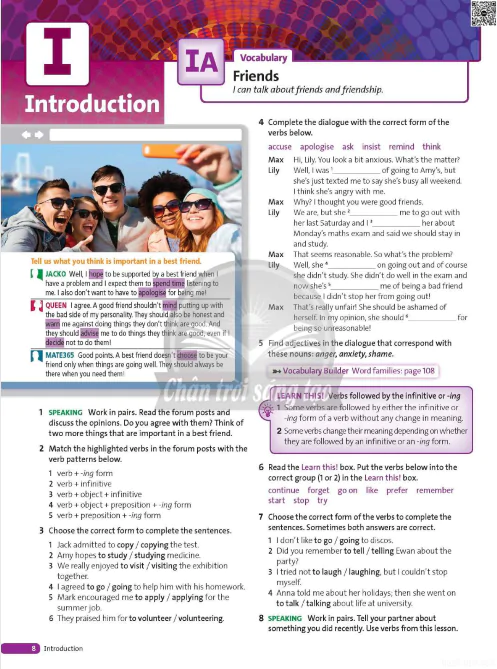
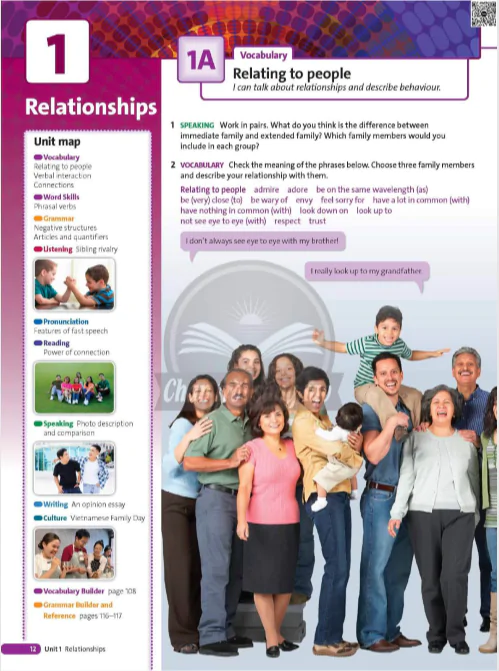
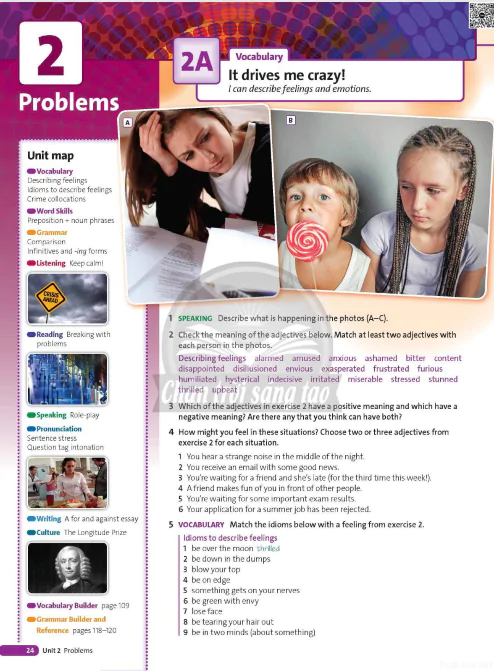
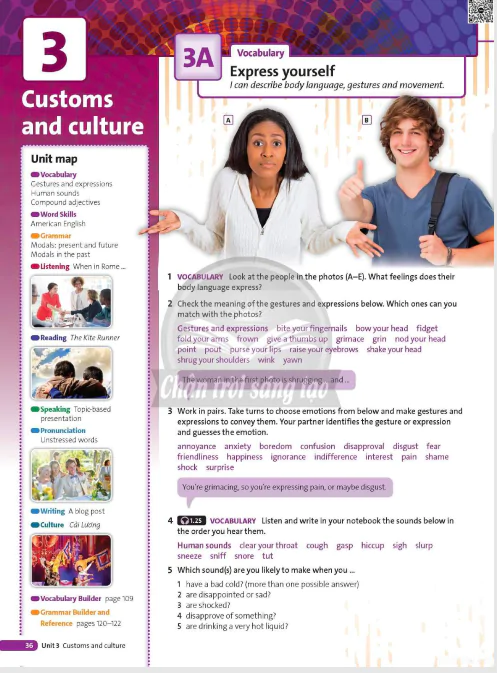
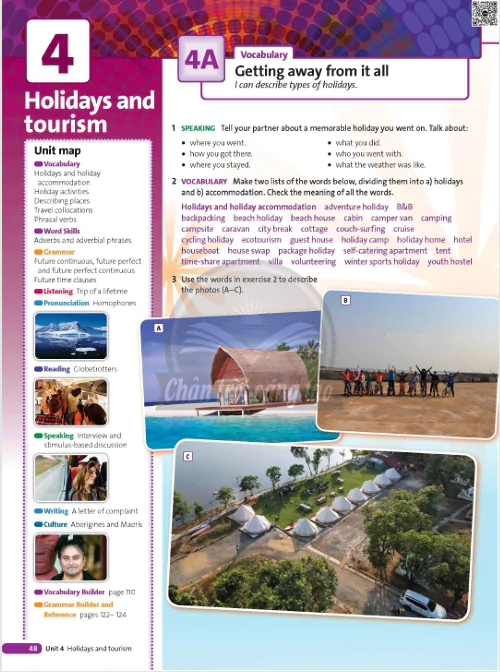
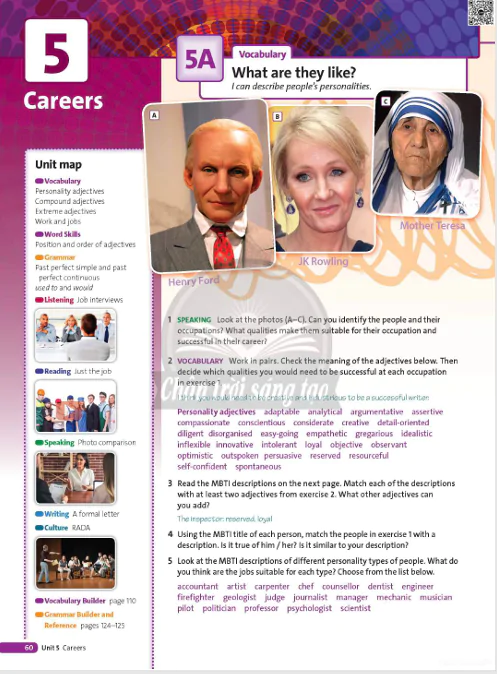
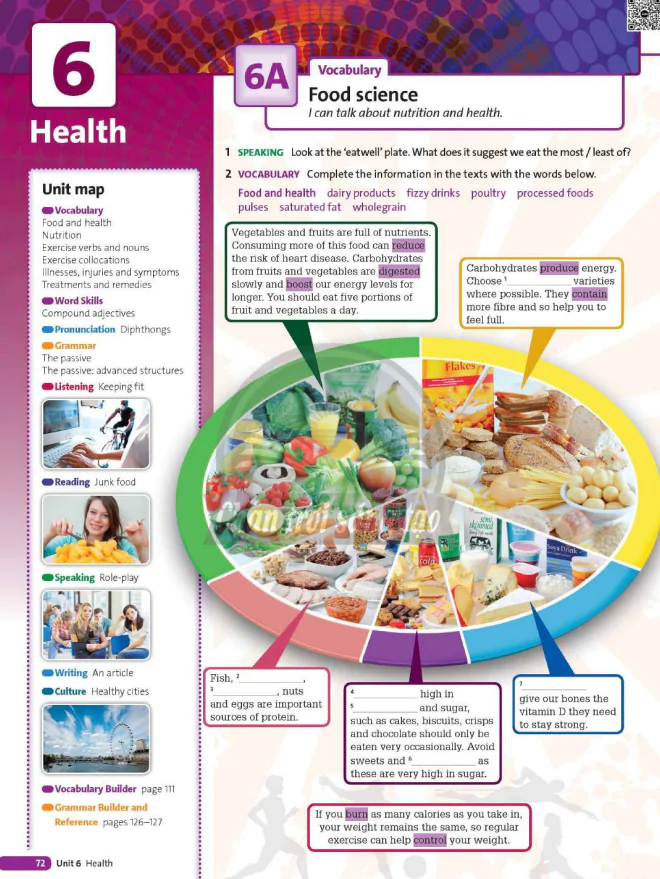
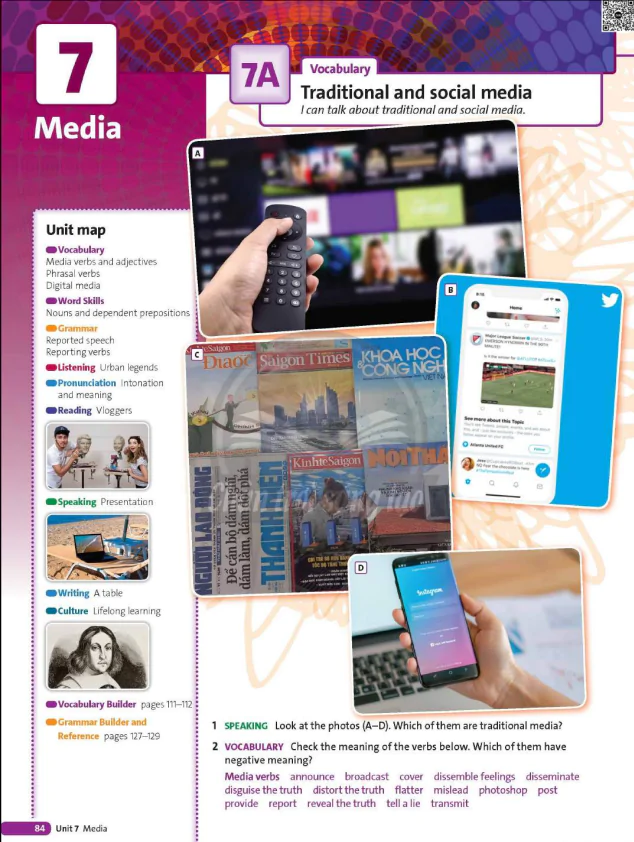
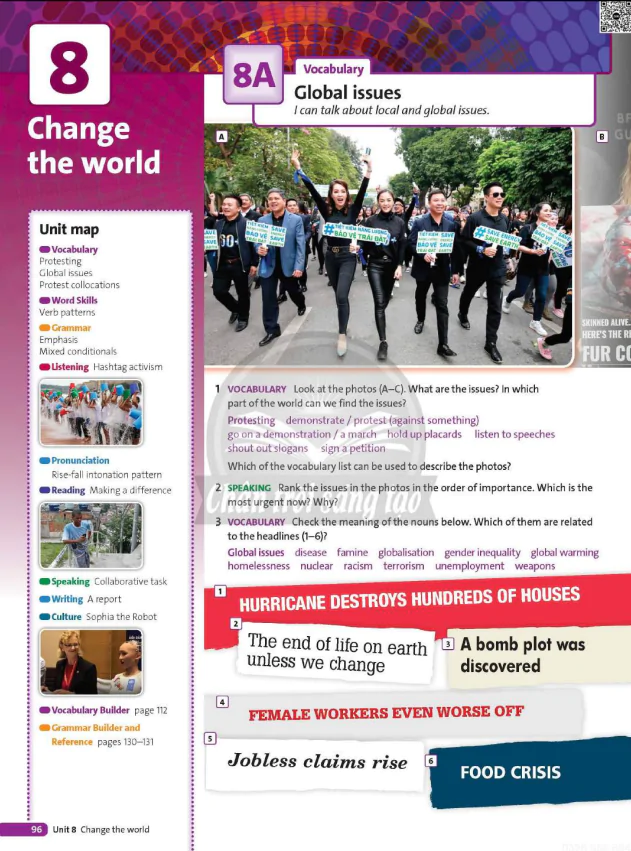
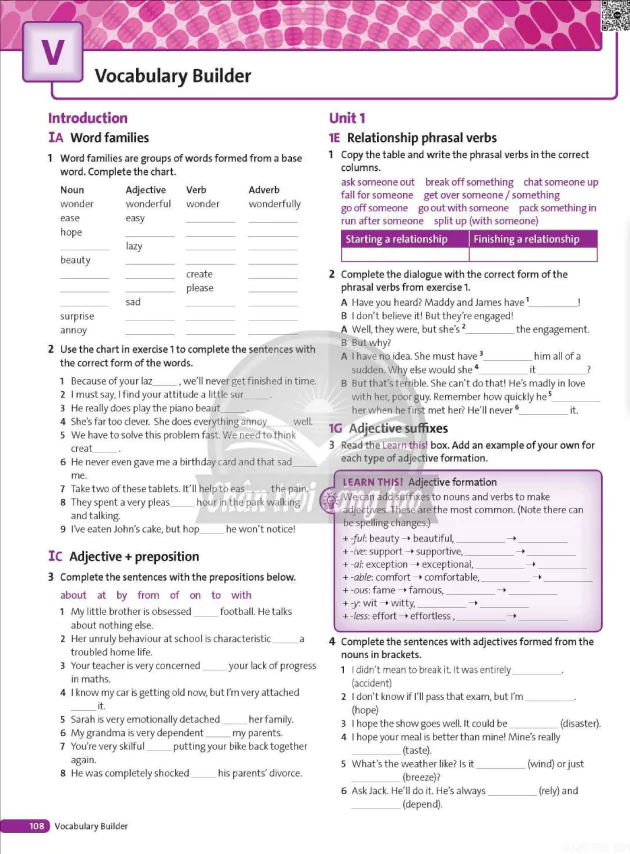
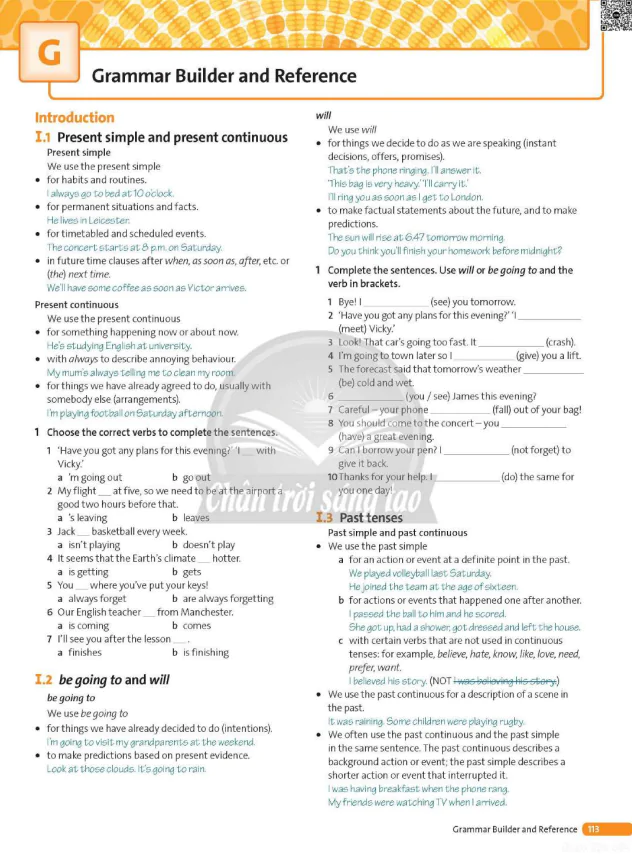


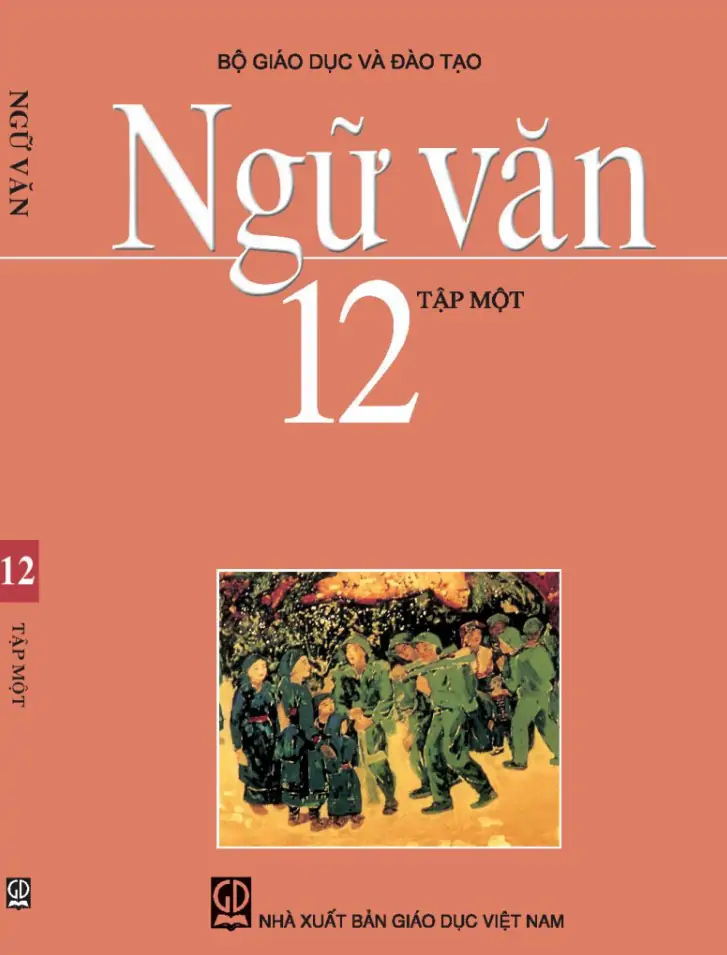
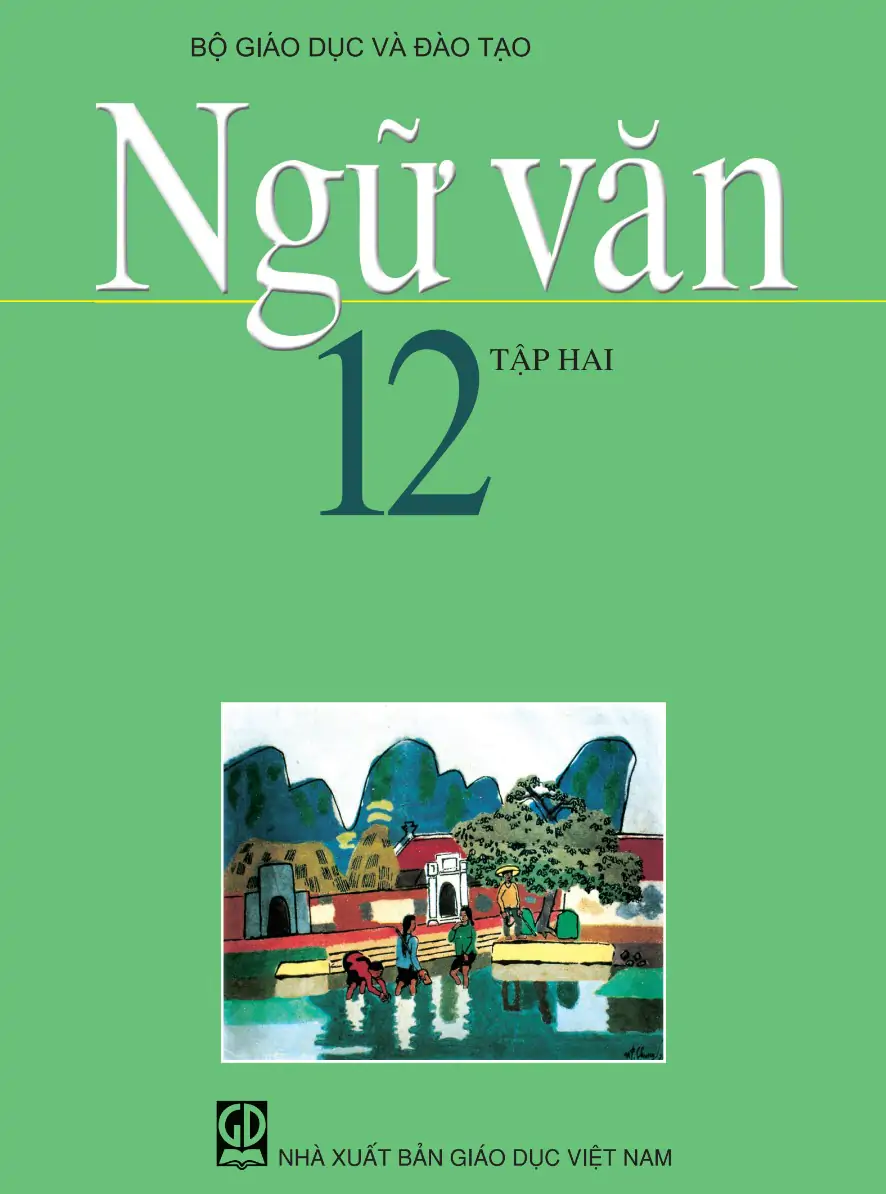


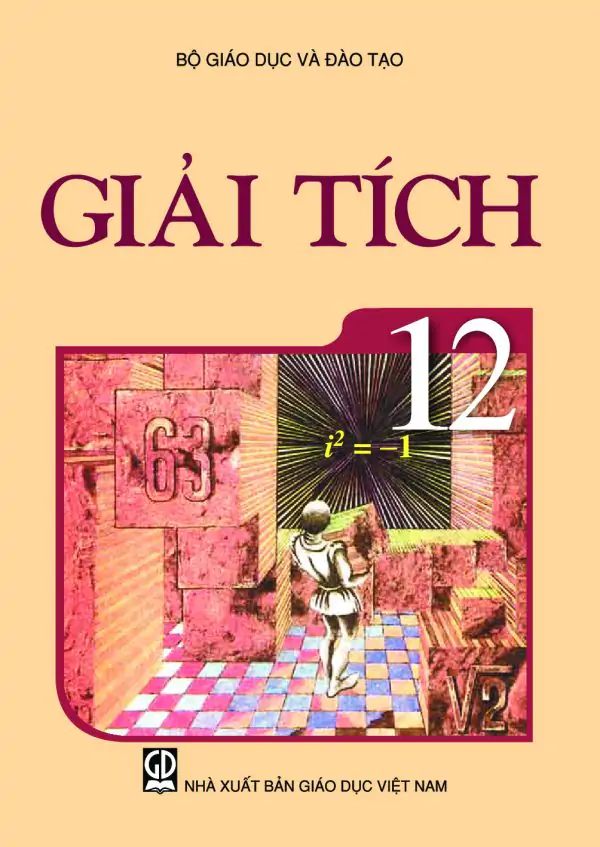

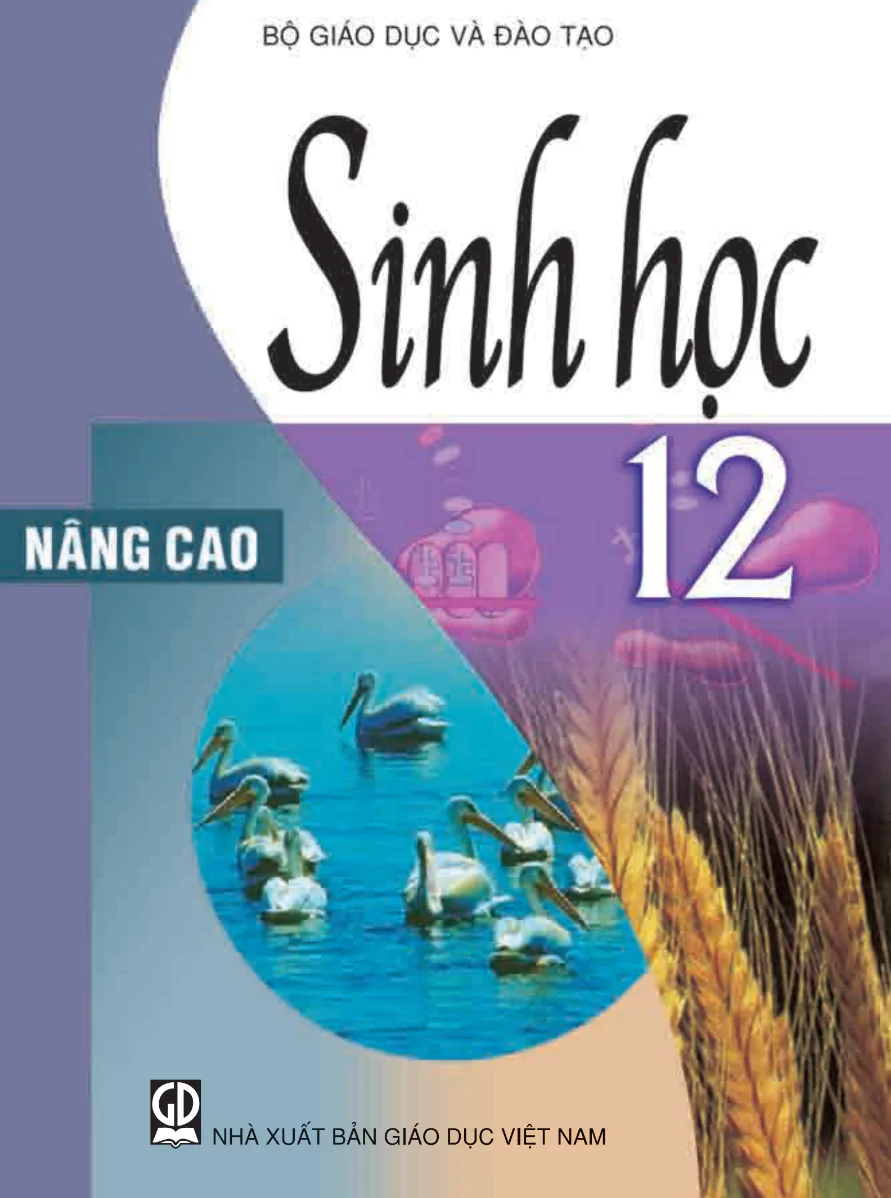
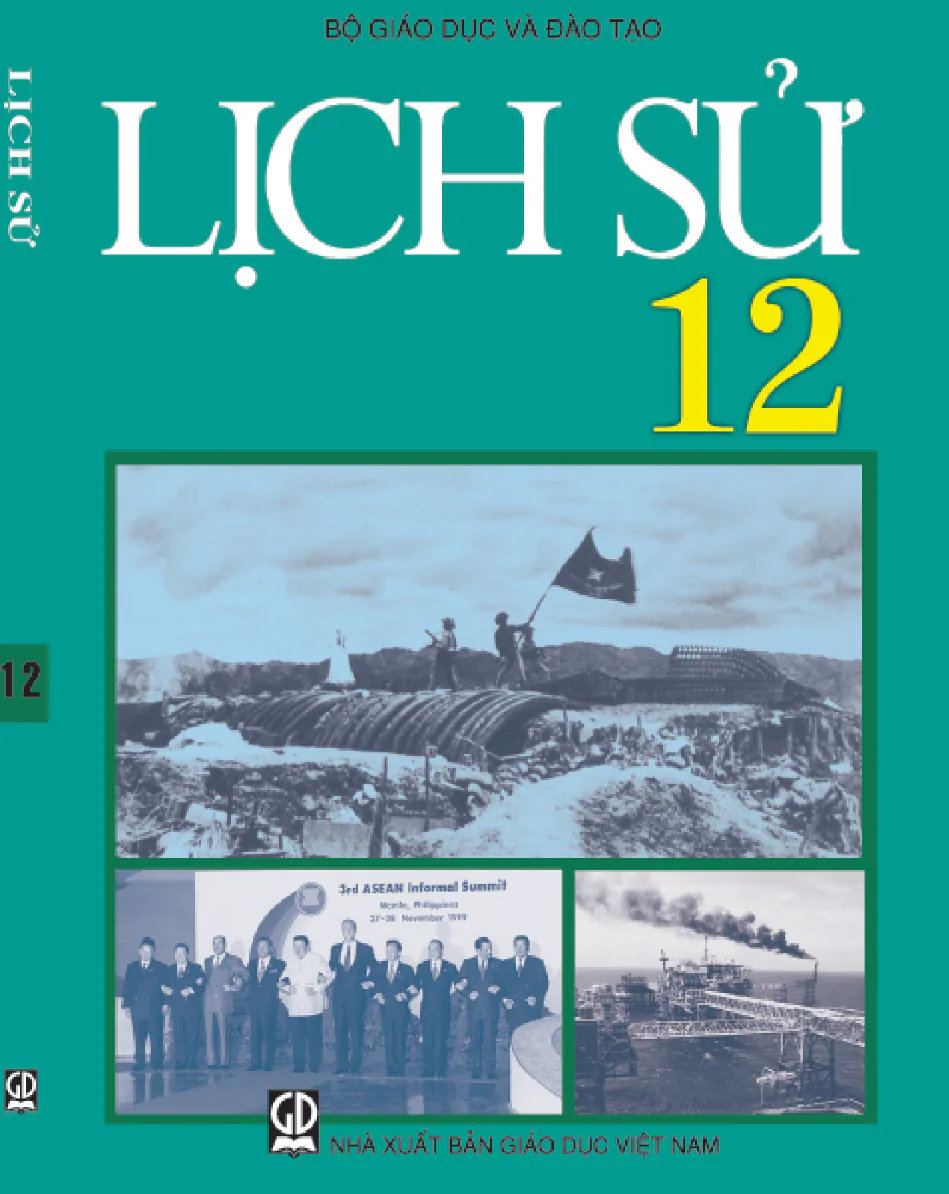
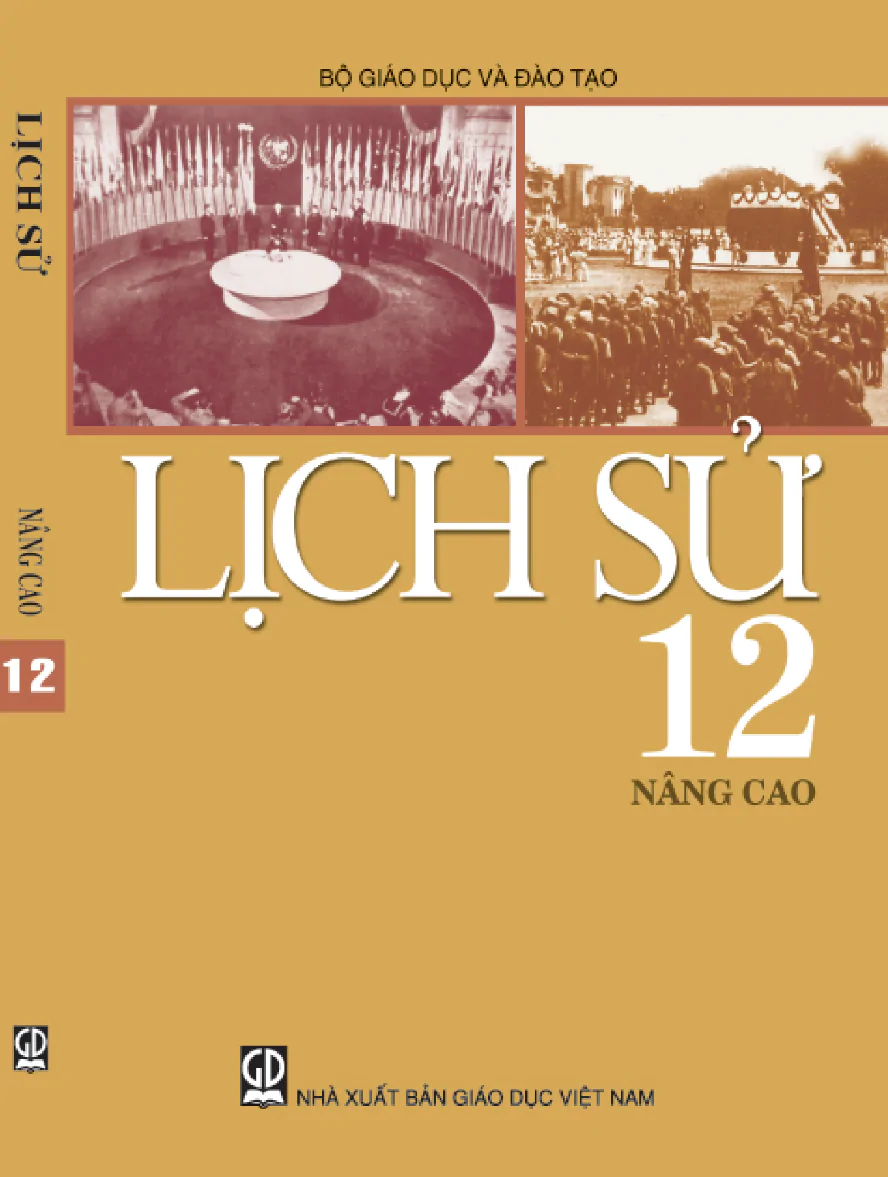



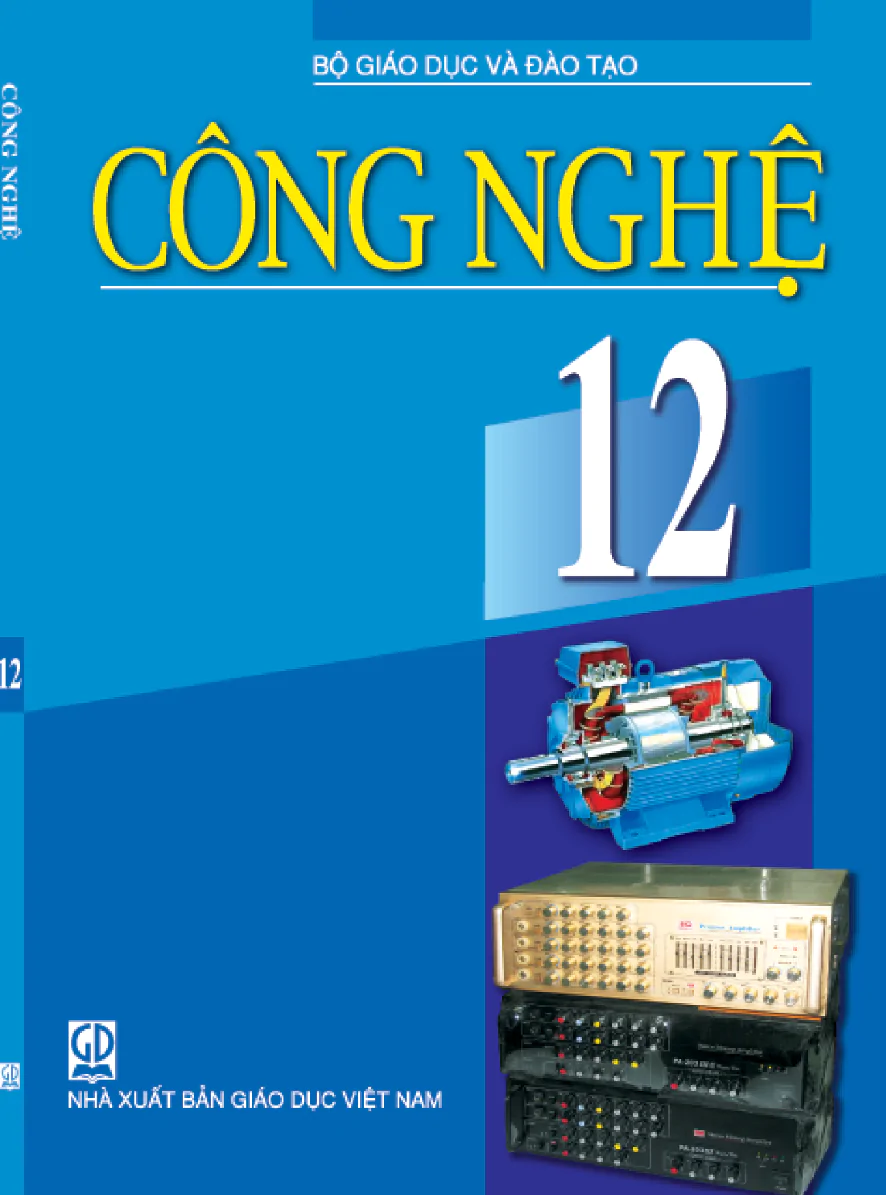

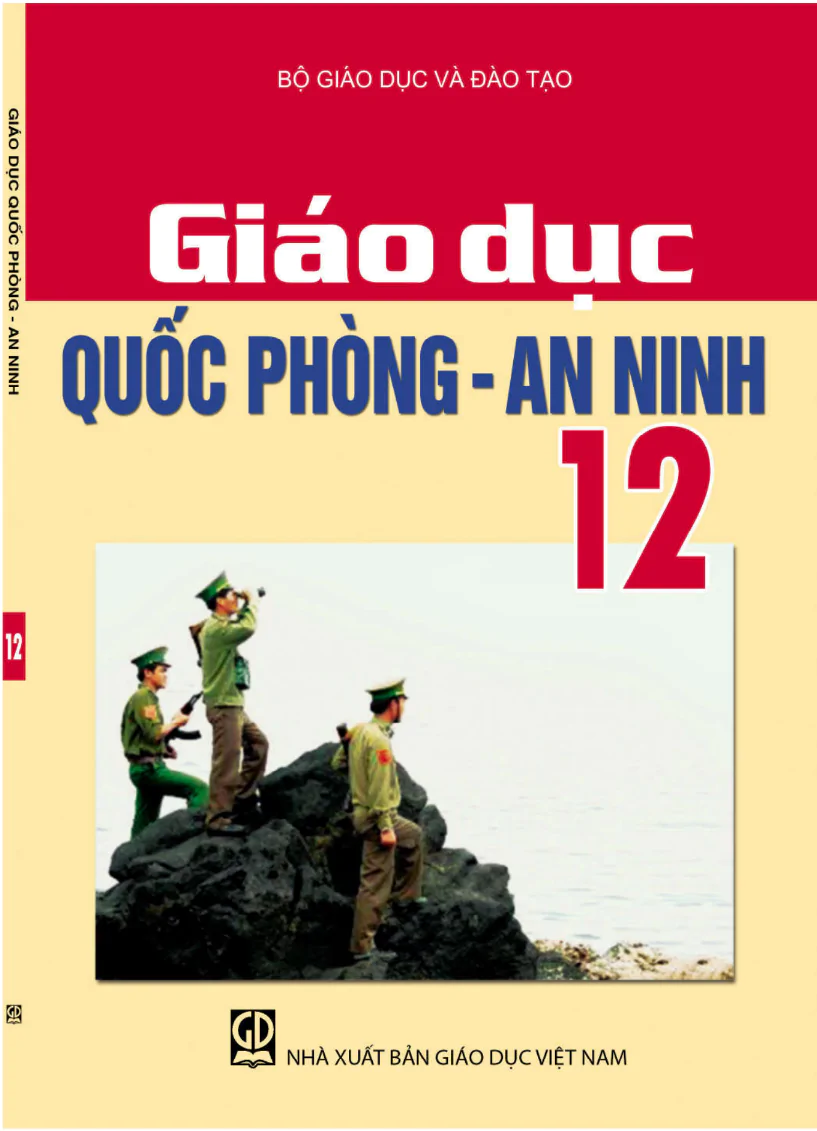

















Bình Luận
Để Lại Bình Luận Của Bạn